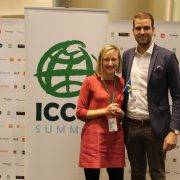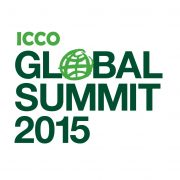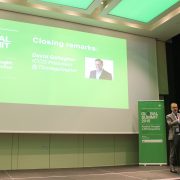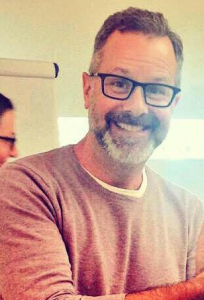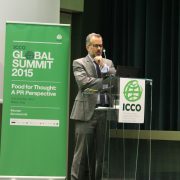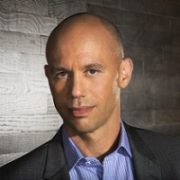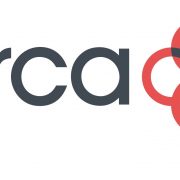Augure’s Summary of the ICCO Global Summit, Milan 2015
Written by: Irene Cau, Country Manager Augure Italia
Two weeks on from the ICCO Summit 2015 in Milan, at Augure we’d like to share with you the top 5 outcomes we’ve drawn from this amazing event and some resources that will help you to implement these ideas at your agency:
- Agencies need to change their structure to face industry changes: Rethink the model, hire differently, own the sandbox (via Fred Cook)
- Take a look at this infographic in which you will find the 10 commandments for improving your agency’s effectiveness
- We’ve got amazing examples of how to communicate concepts without words, just with images (via Candance Kuss)
- However, sometimes there aren’t enough internal resources to create eye-catching and visually attractive content. If this is your case, check it out this post in which we share some easy-to-use tools to create visual content.
- Creative work shows 54% more ROI than non-creative work (via Fiorenza Plinio)
- Let your creativity flow! In order to inspire you, here are some campaigns that have set aside traditional PR!
- Social Media Community Management, multimedia content creation, insight and planning and creativity are all major relevant skills needed by PR Executives. On the other hand, paid media, research and CSR are less relevant skills.
- If you don’t believe me, here’s an infographic with the main differences between Digital PR and traditional Public Relations
- Complexity, costs and time are still major challenges for measuring ROI.
- Don’t let these challenges stop you from measuring your ROI, download this white paper that shows, step by step, how to create a measurement system for your influencer engagement strategy.
We loved taking part in the ICCO Summit 2015 and seeing you there! If you want to continue talking about how Augure can help you improve your agency’s efficiency, get in touch with us!
Visit the Augure website.




